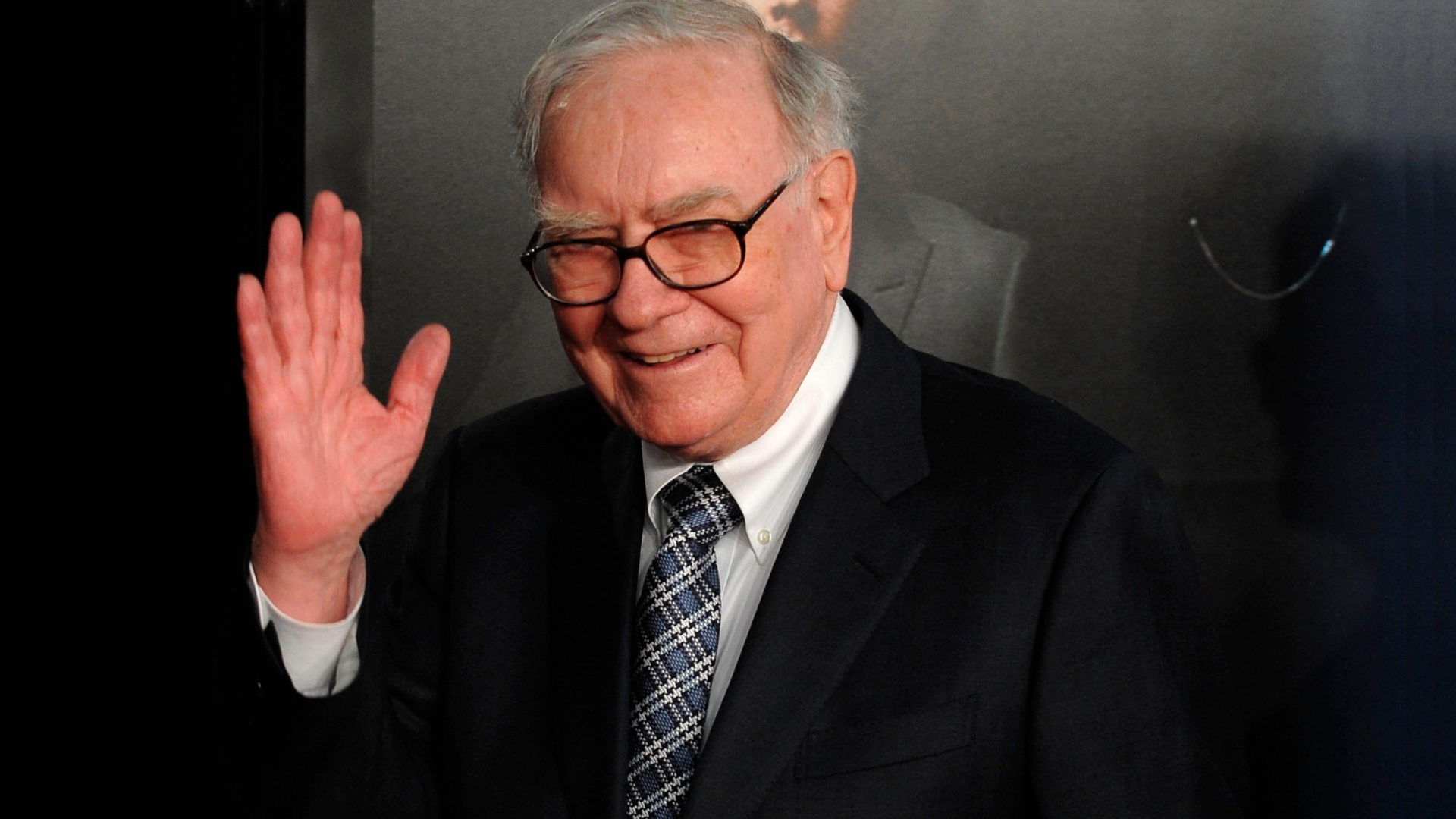
Warren Buffett has made his billions largely through investing. His uncanny ability to predict the behaviors of the market have served him — and the many investors who mirror his moves — remarkably well. Buffett, dubbed “the Oracle of Omaha” for his extraordinary prescience, has been consistently generous in sharing his investing strategies. But he also adamantly refuses to play the role of fortune teller — no matter how badly we want him to.
Read Next: Warren Buffett: 10 Things Poor People Waste Money On
Instead of worrying about predictions, he has advice on what to focus on.
Buffett Is Not Predicting a Crash
Right now, as the stock market endures turbulence, sparking fears of a recession across Wall Street, investors are all but begging Buffett for insight. Will there be a crash?
Buffett will not directly answer the question — and not because he’s gatekeeping, but because he recognizes the impossibility of the ask. We may harken back to something he said in a 2008 New York Times op-ed, “I can’t predict the short-term movements of the stock market. I haven’t the faintest idea as to whether stocks will be higher or lower a month or a year from now.”
Learn More: The $50 Mistake Warren Buffett Says Everyone Should Avoid
Stop Expecting Buffett To Be a Fortune Teller — And Do This Instead
Rather than hounding Buffett for crystal ball visions that not even he can conjure, we should follow his evergreen advice on how to handle these topsy-turvy times when the market is volatile and we feel the ground shaking under our precious investments.
In a 2017 letter to Berkshire Hathaway shareholders, Buffett advised investors to do the following when “major declines occur.” Read the poem “If–” by Rudyard Kiping, written circa 1895. Buffett highlighted these lines from the poem.
“If you can keep your head when all about you are losing theirs . . .
If you can wait and not be tired by waiting . . .
If you can think – and not make thoughts your aim . . .
If you can trust yourself when all men doubt you…
Yours is the Earth and everything that’s in it.”
What Does the Poem Mean?
Like any worthwhile poem, “If–” wasn’t published with an explanation by the author of what it means. But scholarly interpretations abound. Generally, this poem is received as an expression of Victorian-era stoicism. It’s a rallying call for self-discipline, restraint and acceptance.
We may hear Kipling giving us some very basic advice along the lines of, “If you can control your reactivity and just let things be as they are, you’ll be happy.”
So, when the stock market tailspins, recognize that this has happened before and it will happen again, and be at peace knowing that your long-term investment strategy is still working in your favor. Stay calm and focused and don’t let the storm displace your sense of security and strength.
More From GOBankingRates
- 3 Luxury SUVs That Will Have Massive Price Drops in Summer 2025
- Proven Ways Small Business Owners Are Protecting What They've Built
- The New Retirement Problem Boomers Are Facing
- 4 Affordable Car Brands You Won't Regret Buying in 2025
This article originally appeared on GOBankingRates.com: Warren Buffett’s Simple — And Surprising — Advice for Anxious Investors







